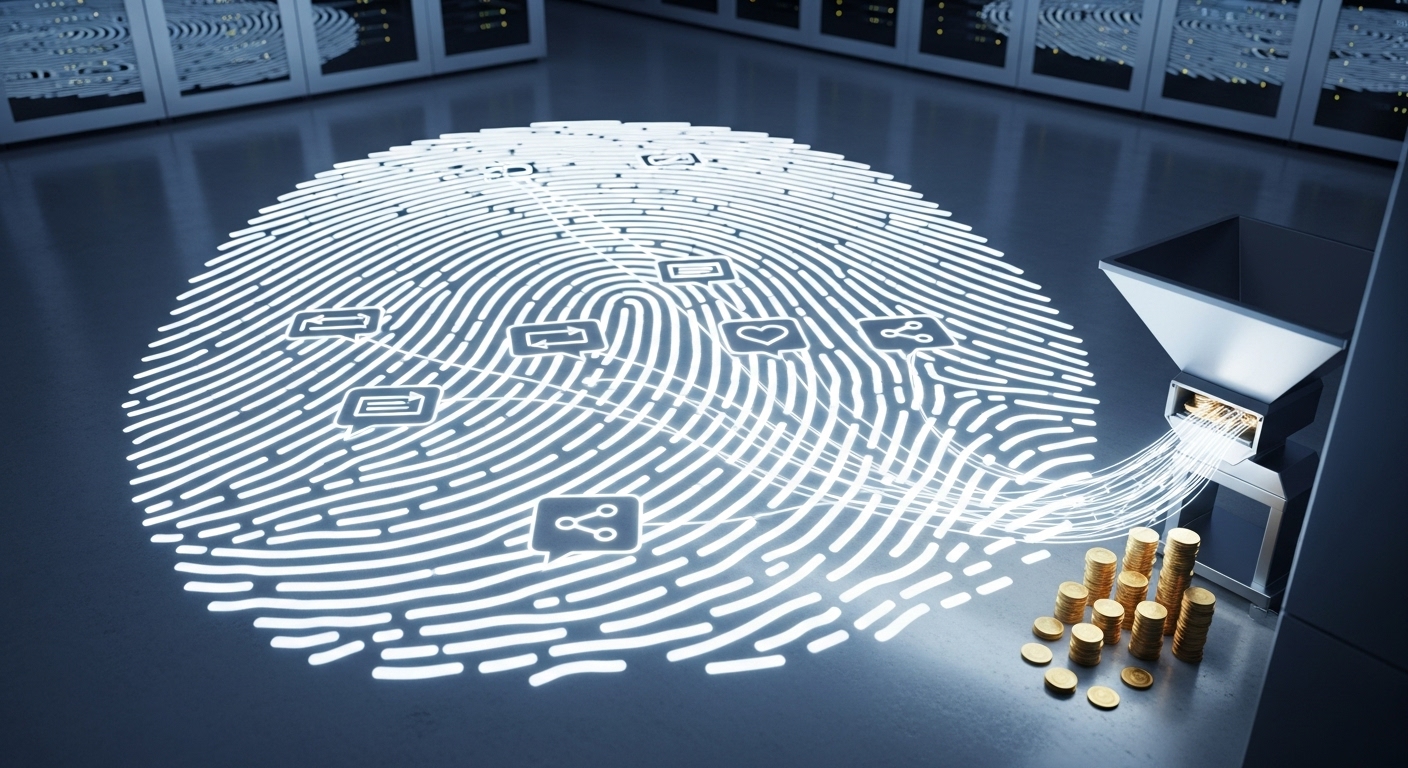
Are you aware that every time you like a post, abandon a video halfway, or even glance at a link on social media, the traces you leave behind are the raw material of a massive economy? This invisible collection of data, your digital footprint, has become central to today’s digital economy. So, how is this data collected, who uses it, and how does it turn into money?
What Is a Digital Footprint?
A digital footprint refers to every behavioral trace you leave in the online environment. The ads you click, the posts you like, your watch time, scrolling speed, and even your screen time all contribute to this footprint. Individually, these data points may seem trivial. But when the footprints of billions of users are combined, they become a highly valuable resource for personalized advertising, content recommendation systems, and psychographic targeting.
Who Uses This Data?
- Social media platforms: They analyze your behavioral data to highlight content that interests you and offer advertisers spaces to target you.
- Advertising agencies and brands: They use data to calculate which content will drive conversions for specific users.
- Data brokers: They collect and analyze user data, selling it to third parties—often without users’ knowledge.
- AI algorithms: Trained with this data, algorithms begin to understand you better than you know yourself, making behavioral predictions.
How Data Turns into Money
- Data Collection: As users engage on social media, platforms collect data in the background.
- Data Processing: AI and data mining create user profiles.
- Targeting: These profiles are offered to advertisers, e.g., “23-30-year-olds, new parents, interested in technology.”
- Advertising and Conversion: Tailored ads are shown to you, and if you make a purchase, the cycle completes: data = profit.
Through this system, social media platforms generate billions in ad revenue. Meanwhile, users often don’t realize that the “free” service is paid for with their data.
Privacy Debates: Who Owns the Data?
While users are becoming more aware, platforms often collect data without explicit consent. Regulations like GDPR (General Data Protection Regulation) in Europe and KVKK (Personal Data Protection Law) in Turkiye aim to curb this, but gray areas persist. Data ownership remains one of the most complex debates in the digital economy. Whose data is it, and who owns it?
A New Era: Data Minimalism and User-Controlled Economy
Today, some social platforms and browsers are starting to give users more control over data sharing. Meanwhile, with Web3 and blockchain technologies, the idea that “data ownership should belong to the user” is gaining traction. In this new era, users are exploring models where they can earn income by sharing their data. In other words, digital footprints could start benefiting not just others but you as well.
Every Click Has Economic Value
The digital footprint economy is a system where the behavioral data we unknowingly generate becomes the core revenue model for giant digital companies. Every trace is data; every piece of data represents potential income. Being aware of this system not only boosts our digital consciousness but also paves the way for a future data economy that is fairer, more transparent, and user-centric.
